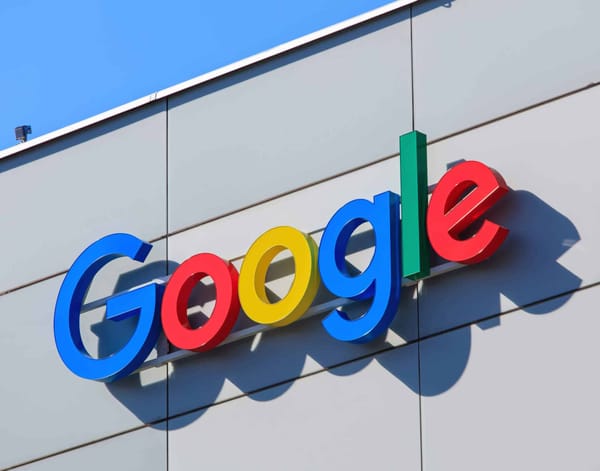ChatGPT vs. Google: The Battle for AI Supremacy
The introduction of advanced AI models like ChatGPT has significantly altered the landscape of the tech industry, especially for major players like Google. As ChatGPT and similar technologies gain traction, Google faces new challenges and opportunities in maintaining its dominance and revenue streams. In this blog, we will explore how ChatGPT has impacted Google's revenue and the strategies Google is employing to overcome these challenges and stay ahead in the AI race.
The Rise of ChatGPT and Its Impact on Google
OpenAI's ChatGPT, a powerful AI language model, has revolutionized the way users interact with technology. Its ability to generate human-like text, answer queries, and even perform complex tasks has attracted a large user base, posing a significant challenge to Google's core services such as search and advertising.
Impact on Revenue:
- Search Engine Market Share: As users increasingly turn to ChatGPT for answers, Google's search engine traffic has seen a decline. This shift directly impacts Google's advertising revenue, as fewer searches translate to fewer ad impressions and clicks.
- Advertising Revenue: With more users engaging with ChatGPT, advertisers may shift their budgets away from Google's platform to alternative AI-powered platforms, further denting Google's revenue.
- Cloud Services: The rise of AI models like ChatGPT has led to increased competition in the cloud services sector, where Google Cloud competes with Microsoft Azure and Amazon AWS. Companies developing AI technologies might choose competitors' cloud services, impacting Google's market share.
Google's Strategies to Overcome Challenges
Despite these challenges, Google is not sitting idle. The company has implemented several strategies to adapt to the changing landscape and reinforce its position in the AI-driven future.
1. Enhanced AI Capabilities: Google has been doubling down on its own AI research and development. By leveraging its extensive resources and talent, Google aims to develop AI models that can compete with or surpass ChatGPT. Projects like BERT (Bidirectional Encoder Representations from Transformers) and the recently introduced MUM (Multitask Unified Model) showcase Google's commitment to pushing the boundaries of AI.
2. Integration of AI in Products: Google is integrating advanced AI technologies into its existing products to enhance user experience and retain its user base. Features like AI-driven search enhancements, smarter email responses in Gmail, and more personalized content recommendations on YouTube demonstrate Google's strategy to keep its products relevant and competitive.
3. Diversification of Revenue Streams: To mitigate the impact on its core advertising business, Google is diversifying its revenue streams. Investments in hardware (Pixel phones, Nest devices), subscription services (Google One, YouTube Premium), and enterprise solutions (Google Workspace) provide additional revenue channels that are less reliant on search traffic.
4. Strengthening Cloud Services: Google Cloud continues to be a critical component of Google's strategy. By offering competitive AI and machine learning services, Google aims to attract more businesses to its cloud platform. Partnerships and collaborations with other tech companies and industries further enhance Google's cloud offerings.
5. Ethical AI and Privacy Focus: In response to growing concerns about AI ethics and data privacy, Google is emphasizing responsible AI development and user privacy. By prioritizing transparency, fairness, and user control, Google seeks to build trust with its users and differentiate itself from competitors.
Looking Ahead
While the competition from ChatGPT and other AI technologies presents challenges for Google, it also drives innovation and progress. Google's proactive approach to enhancing its AI capabilities, integrating AI into its products, and diversifying its revenue streams positions the company to navigate this competitive landscape effectively.
As AI continues to evolve, Google’s ability to adapt and innovate will be crucial. The company's focus on responsible AI development and user-centric solutions will play a pivotal role in shaping its future. Despite the challenges, Google remains a formidable force in the tech industry, leveraging its strengths to overcome obstacles and seize new opportunities.
In conclusion, the emergence of ChatGPT has undoubtedly impacted Google's revenue and market dynamics. However, through strategic investments in AI, product enhancements, and revenue diversification, Google is well-equipped to overcome these challenges and continue its legacy of innovation and leadership in the tech world.




